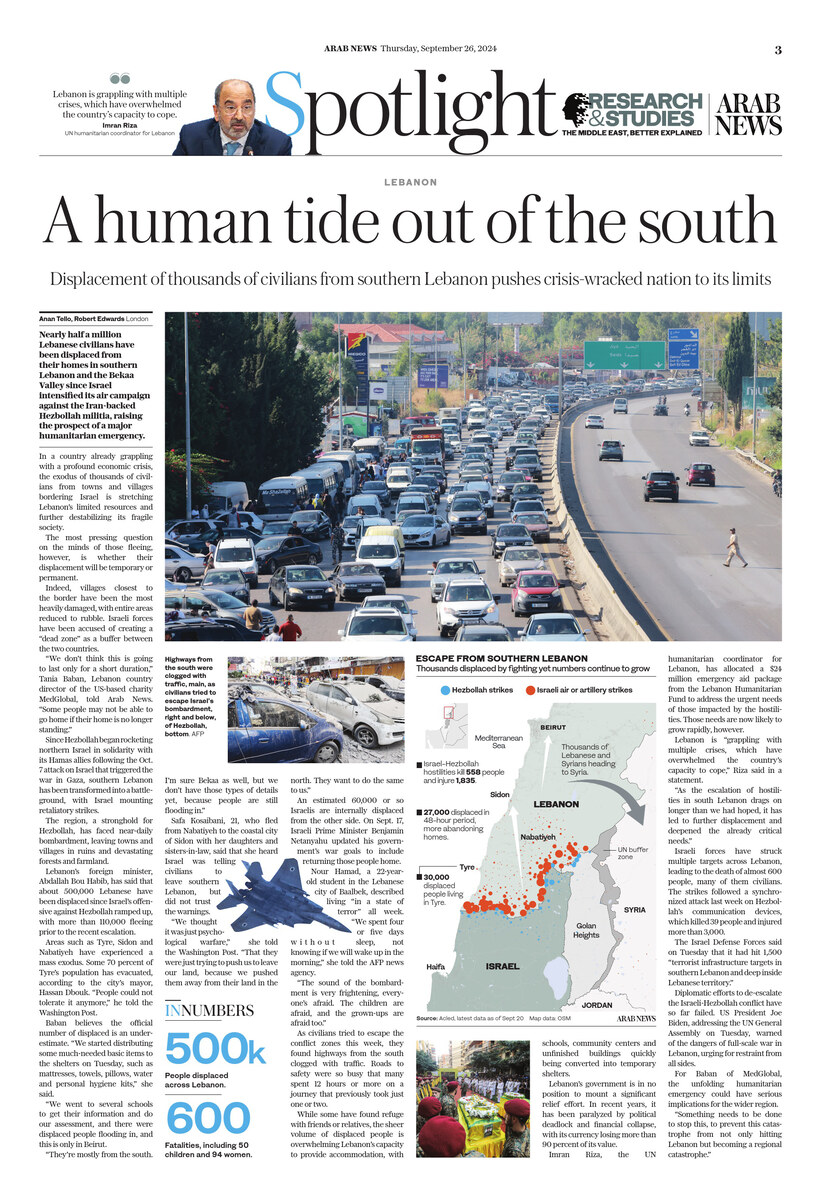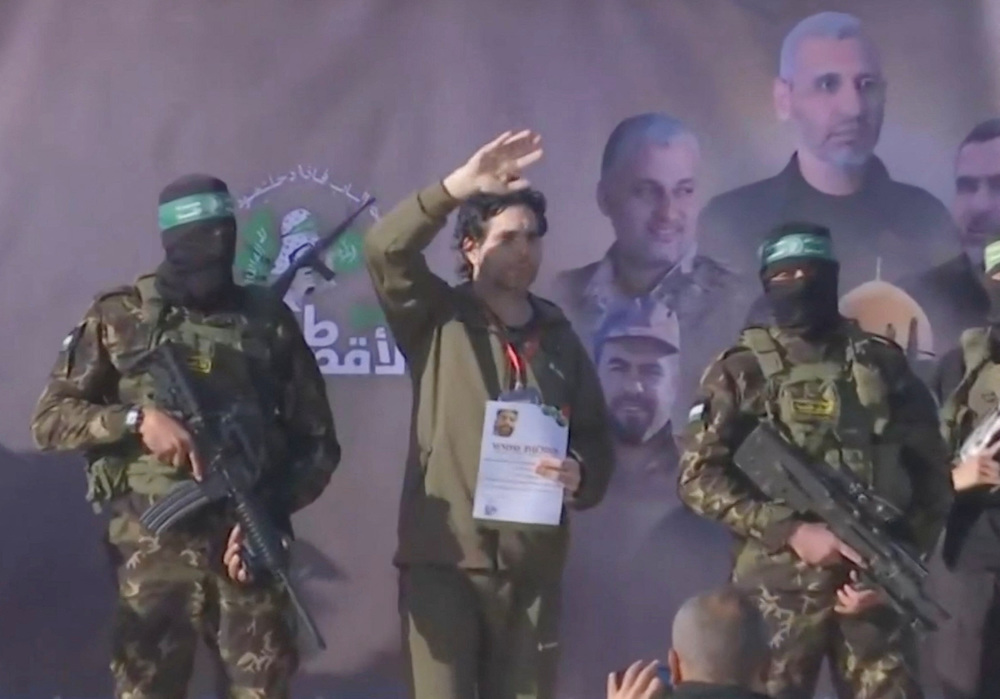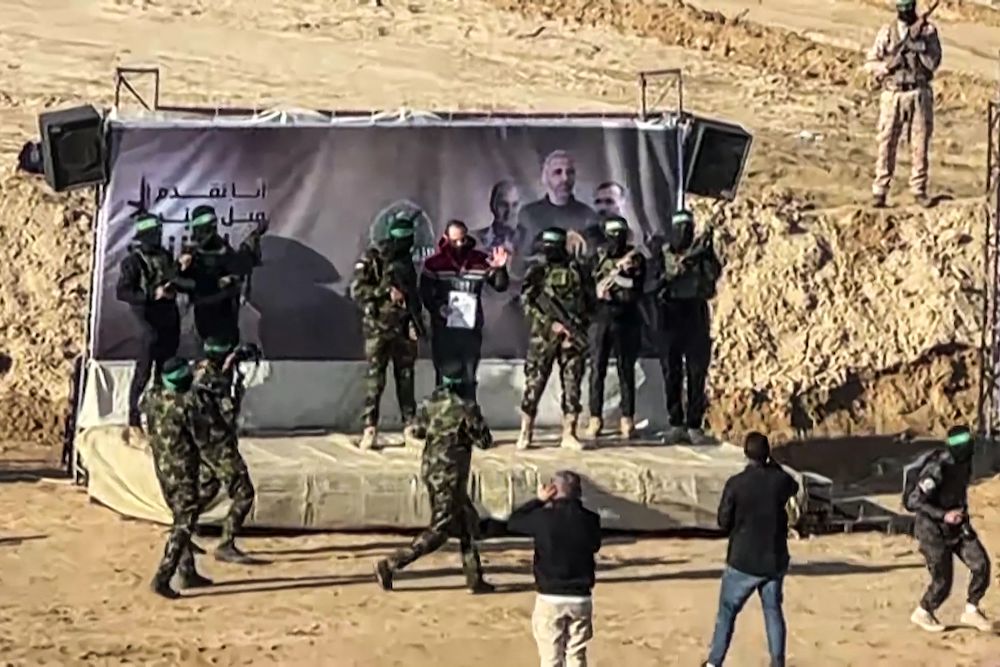LONDON: Nearly half a million Lebanese civilians have been displaced from their homes in southern Lebanon and the Bekaa Valley since Israel intensified its air campaign against the Iran-backed Hezbollah militia this week, raising the prospect of a major humanitarian emergency.
In a country already grappling with a profound economic crisis, the exodus of thousands of civilians from towns and villages bordering Israel is stretching Lebanon’s limited resources and further destabilizing its fragile society.
The most pressing question on the minds of those fleeing, however, is whether their displacement will be temporary or permanent.
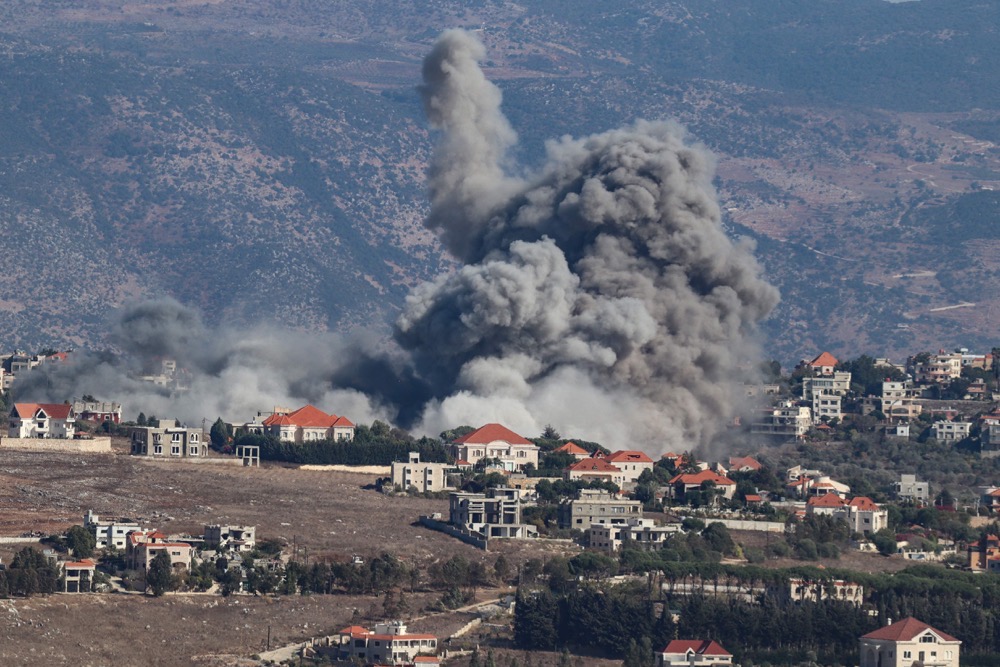
Areas such as Tyre, Sidon and Nabatiyeh have experienced a mass exodus. (AFP)
Indeed, villages closest to the border have been the most heavily damaged, with entire areas reduced to rubble. Israeli forces have been accused of creating a “dead zone” as a buffer between the two countries.
“We don’t think this is going to last only for a short duration,” Tania Baban, Lebanon country director of the US-based charity MedGlobal, told Arab News. “Some people may not be able to go home if their home is no longer standing.”
Since Hezbollah began rocketing northern Israel in solidarity with its Hamas allies following the Oct. 7 attack on Israel that triggered the war in Gaza, southern Lebanon has been transformed into a battleground, with Israel mounting retaliatory strikes.
The region, a stronghold for Hezbollah, has faced near daily bombardment, leaving towns and villages in ruins and devastating forests and farmland.
Lebanon’s foreign minister, Abdallah Bou Habib, has said that about 500,000 Lebanese have been displaced since Israel’s offensive against Hezbollah ramped up, with more than 110,000 fleeing prior to the recent escalation.
Areas such as Tyre, Sidon and Nabatiyeh have experienced a mass exodus. Some 70 percent of Tyre’s population has evacuated, according to the city’s mayor, Hassan Dbouk. “People could not tolerate it anymore,” he told the Washington Post.
Baban believes the official number of displaced is an underestimate. “We started distributing some much-needed basic items to the shelters on Tuesday, such as mattresses, towels, pillows, water and personal hygiene kits,” she said.
“We went to several schools to get their information and do our assessment, and there were displaced people flooding in, and this is only in Beirut.
“They’re mostly from the south. I’m sure Bekaa as well, but we don’t have those types of details yet, because people are still flooding in.”
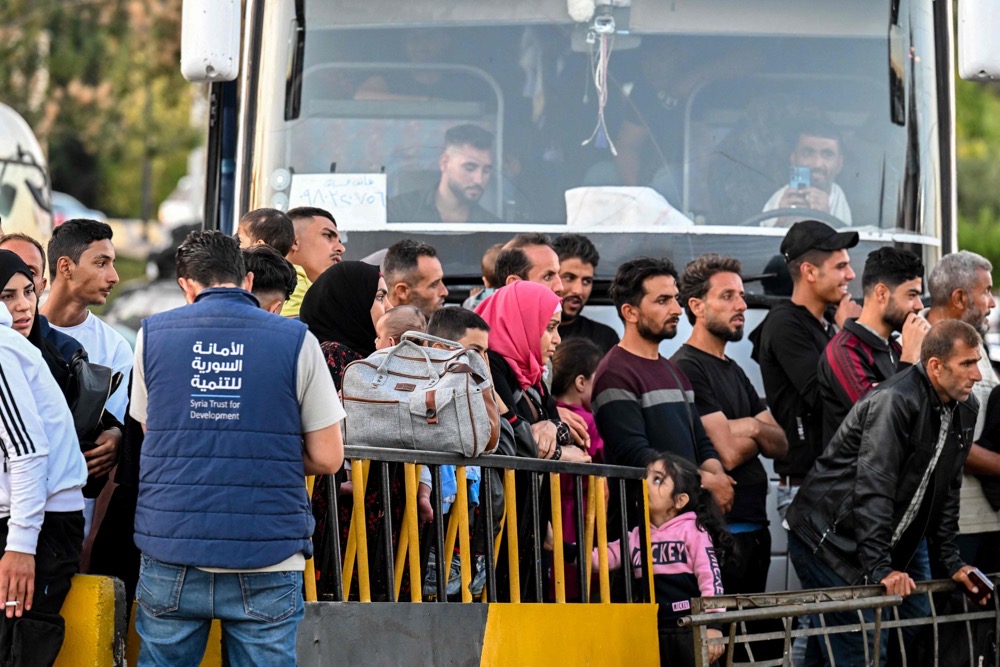
The exodus of thousands of civilians from towns and villages bordering Israel is stretching Lebanon’s limited resources. (AFP)
Safa Kosaibani, 21, who fled from Nabatiyeh to the coastal city of Sidon with her daughters and sisters-in-law, said that she heard Israel was telling civilians to leave southern Lebanon, but did not trust the warnings.
“We thought it was just psychological warfare,” she told the Washington Post. “That they were just trying to push us to leave our land, because we pushed them away from their land in the north. They want to do the same to us.”
An estimated 60,000 or so Israelis are internally displaced from the other side. On Sept. 17, Israeli Prime Minister Benjamin Netanyahu updated his government’s war goals to include returning those people home.
Nour Hamad, a 22-year-old student in the Lebanese city of Baalbek, described living “in a state of terror” all week. “We spent four or five days without sleep, not knowing if we will wake up in the morning,” she told the AFP news agency.
“The sound of the bombardment is very frightening, everyone’s afraid. The children are afraid, and the grown-ups are afraid too.”
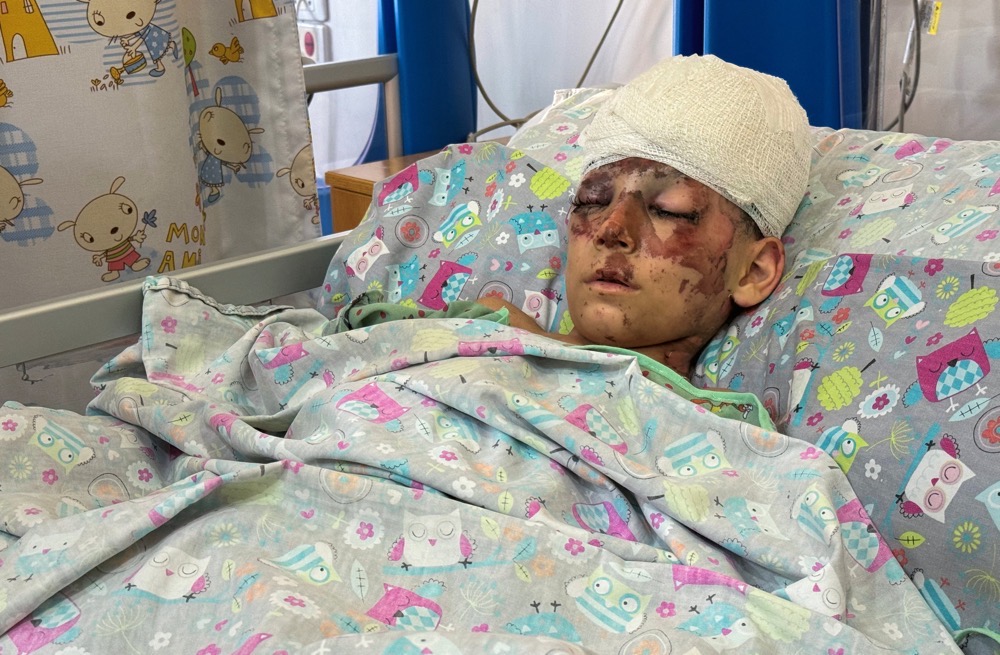
Israeli forces have struck multiple targets across Lebanon, leading to the death of almost 600 people, many of them civilians. (Reuters)
As civilians tried to escape the conflict zones this week, they found highways from the south clogged with traffic. Roads to safety were so busy that many spent 12 hours or more on a journey that previously took just one or two.
While some have found refuge with friends or relatives, the sheer volume of displaced people is overwhelming Lebanon’s capacity to provide accommodation, with schools, community centers and unfinished buildings quickly being converted into temporary shelters.
Lebanon’s government is in no position to mount a significant relief effort. In recent years, it has been paralyzed by political deadlock and financial collapse, with its currency losing more than 90 percent of its value.
“Lebanon has been dealing with multiple crises and has still not recovered from the devastating of the Aug. 4, 2020, Beirut port explosion, as well as the economic crisis that engulfed the country starting in late 2019,” Hovig Atamian, director of programs at CARE International in Lebanon, told Arab News.
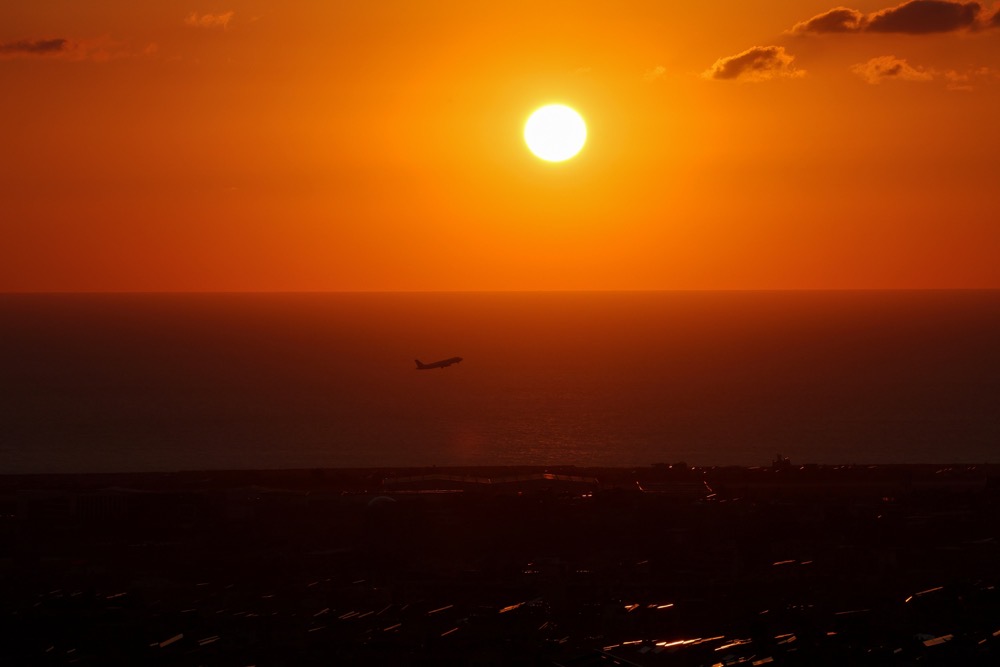
About 500,000 Lebanese have been displaced since Israel’s offensive against Hezbollah ramped up, with more than 110,000 fleeing prior to the recent escalation. (Reuters)
“Humanitarian organizations have been preparing for the worst case scenario of a very significant escalation for months now, but the reality on the ground, including access constraints due to the security risks will always remain a challenge.
“We call on the parties to the conflict to uphold the provisions of international humanitarian law, including taking measures to avoid and minimize loss of civilian life, injury to civilians and damage to civilian objects as well as protecting all humanitarian personnel and operations.”
With international funding already stretched due to crises in Gaza, Ukraine and other conflict zones, there is a fear that Lebanon could be overlooked in terms of humanitarian assistance.
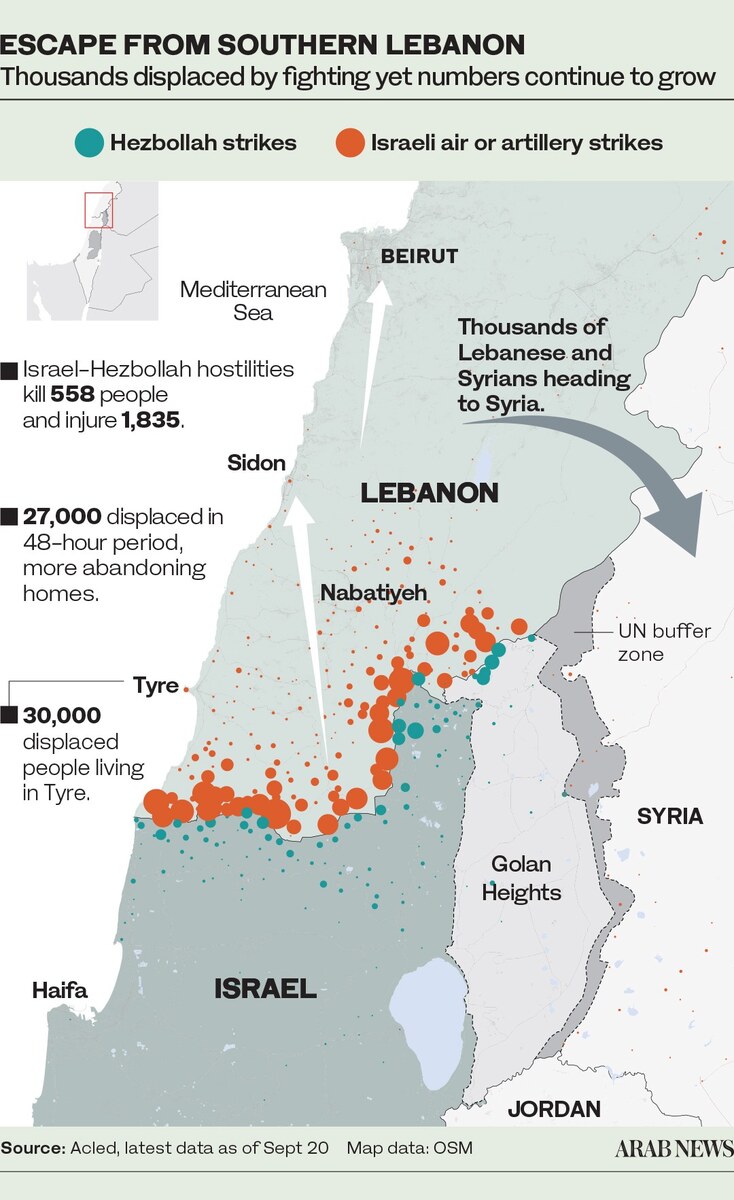
Imran Riza, the UN humanitarian coordinator for Lebanon, has allocated a $24 million emergency aid package from the Lebanon Humanitarian Fund to address the urgent needs of those impacted by the hostilities. Those needs are now likely to grow rapidly, however.
Lebanon is “grappling with multiple crises, which have overwhelmed the country’s capacity to cope,” Riza said in a statement.
“As the escalation of hostilities in south Lebanon drags on longer than we had hoped, it has led to further displacement and deepened the already critical needs.”
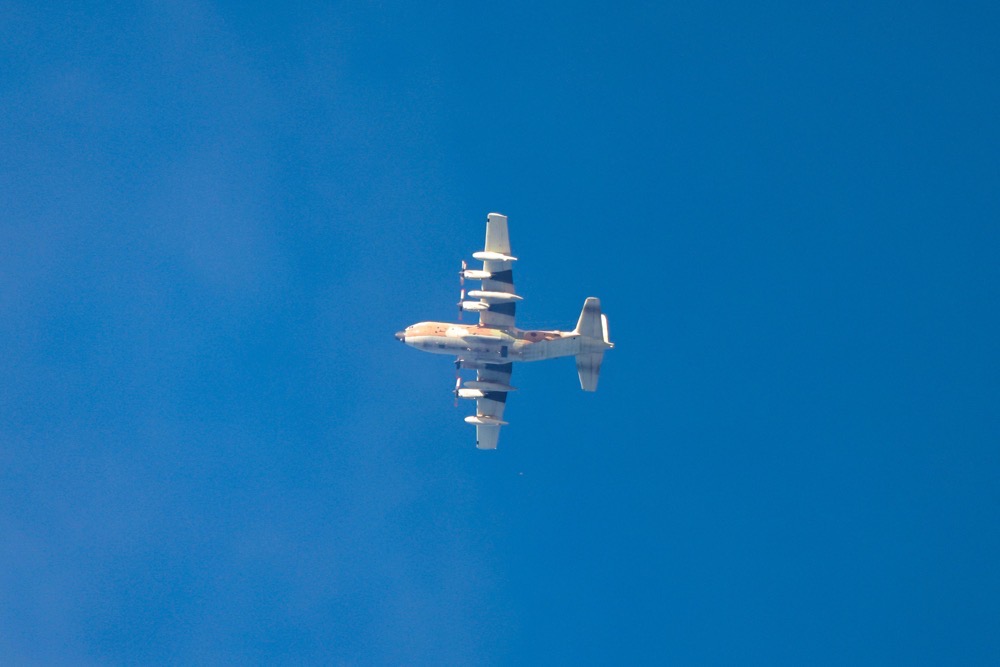
The Israel Defense Forces said on Tuesday that it had hit 1,500 “terrorist infrastructure targets in southern Lebanon and deep inside Lebanese territory.” (AFP)
Charities such as MedGlobal are now mobilizing to deliver essential items to the temporary shelters.
“We are going to distribute food that is pre-prepared, because they don’t have cooking supplies, but also mattresses, winterization kits, blankets — because winter is on the doorstep, so they need to be prepared,” Baban said.
“The people who are coming into the shelters, a lot of them are elderly people who left their medications, who left their money, who need to get their medicine for their chronic illnesses as well.
“We’re talking about diabetes, heart problems, hypertension, and some patients are on dialysis. Some patients are maybe on chemotherapy, and we haven’t even begun to speak about the risk of communicable diseases.
“These are going to be overcrowded school turned shelters and winters coming, and we haven’t even discussed flu, COVID-19 and all of that. So it’s a very grim situation.”

Synchronized Israeli attacks last week on Hezbollah’s communication devices, which killed 39 people and injured more than 3,000. (AP)
Israeli forces have struck multiple targets across Lebanon, leading to the death of almost 600 people, many of them civilians. The strikes followed a synchronized attack last week on Hezbollah’s communication devices, which killed 39 people and injured more than 3,000.
The Israel Defense Forces said on Tuesday that it had hit 1,500 “terrorist infrastructure targets in southern Lebanon and deep inside Lebanese territory.”
“Hezbollah today is not the same Hezbollah we knew a week ago,” Defense Minister Yoav Gallant said, claiming that the group “has suffered a sequence of blows to its command and control, its fighters, and the means to fight.”
INNUMBERS
• 500,000 People displaced across Lebanon. • 600 Fatalities, including 50 children and 94 women.
• 1,700 People injured by strikes across Lebanon.
• 60,000 Israelis evacuated from border areas since October.
The violence escalated on Wednesday when Hezbollah said it had launched a ballistic missile at Tel Aviv. Although Israel intercepted the missile, it represents an unprecedented move and a dangerous new phase in the conflict.
Early on Wednesday, Hezbollah confirmed that the commander of its missile unit, Ibrahim Muhammad Qubaisi, had been killed, hours after the Israeli military said that he had been “eliminated” in an airstrike on Ghobeiri in Beirut’s southern suburbs.
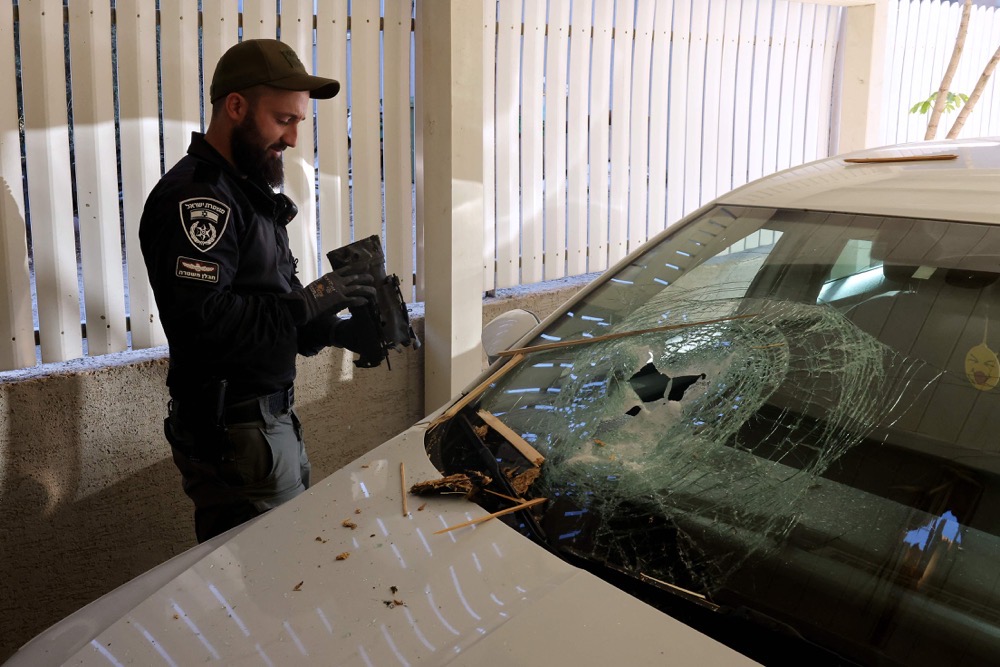
An estimated 60,000 or so Israelis are internally displaced from the other side. (AFP)
The escalation comes nearly a year after Hezbollah began launching attacks shortly after the Oct. 7 attack by the Palestinian militant group Hamas on southern Israel that killed about 1,200 people and saw 240 taken hostage.
Israel responded by invading the Hamas-controlled Gaza Strip, leading to a conflict that has claimed more than 41,000 lives, according to Gaza’s Health Ministry.
Diplomatic efforts to de-escalate the Israeli-Hezbollah conflict have so far failed. US President Joe Biden, addressing the UN General Assembly on Tuesday, warned of the dangers of full-scale war in Lebanon, urging for restraint from all sides.

Since Hezbollah began rocketing northern Israel in solidarity with its Hamas allies following the Oct. 7 attack on Israel that triggered the war in Gaza, southern Lebanon has been transformed into a battleground, with Israel mounting retaliatory strikes. (Reuters)
“Full-scale war is not in anyone’s interest,” Biden said. “Even though the situation has escalated, a diplomatic solution is still possible.”
For Baban of MedGlobal, the unfolding humanitarian emergency could have serious implications for the wider region.
“Something needs to be done to stop this, to prevent this catastrophe from not only hitting Lebanon but becoming a regional catastrophe.”
